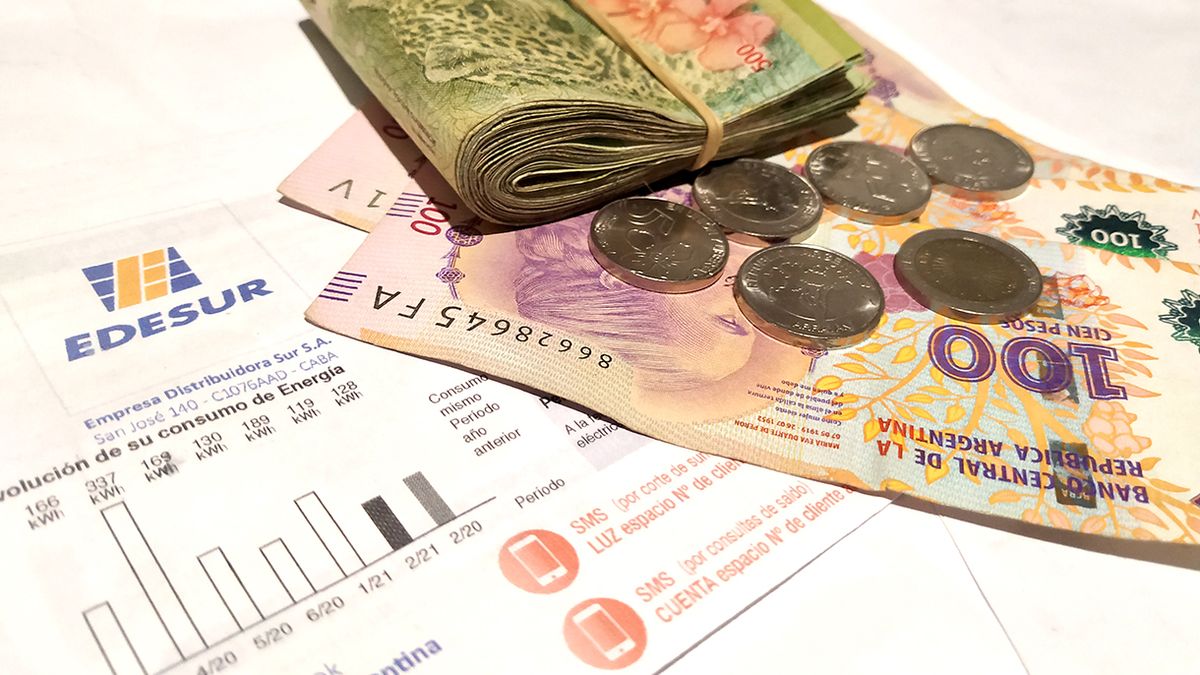At the same time, he assured that he will apply a law already sanctioned by Congress: “For the rest of the users, our policy will be inspired by Law 27,443 voted in this National Congress in 2018 and vetoed by the then president Mauricio Macri. This regulation established that the rates could only be increased with the Salary Variation Coefficient as a cap. What we will do is use that same indicator, but establishing that the evolution of the rates will be clearly below the evolution of salaries. Thus, we align the issue of tariffs with a clear policy to restore income in real terms”.
“The State is building capacity to carry out this segmentation in a fair and reasonable manner. If any person considers it unfair to stop receiving a subsidy that in his opinion corresponds to him, he can always make his claim so that his right is recognized in a timely manner “assured the President.
According to a recent estimate by the Eco Go Consultant, given the increases defined last week (lack of gas at the wellhead) and the new costs, so that the subsidies do not increase, the rise in rates should be 60%. To reduce them by 0.6% of GDP, they would have to rise by around 140%.
Although until last week, the ruling party seemed to obtain an agreement with the staff, the war between Russia and Ukraine changed the expectations of the Monetary Fund, which still has doubts that the goals will be met. Taking into account the closure of the first parity, salary increases are around 40% and 45%. If so, the rates should be below 40%.
This factor, which was not foreseen at the beginning, was mentioned by the Secretary of Energy, Darío Martínez. The increase in the price of energy (gas and oil) would negatively affect Argentina -which is a net importer- making the price of LNG, the liquefied natural gas that arrives in ships in the country, more expensive. Within this framework, the Secretary of Energy had calculated for this year an average price of LNG at US$25 per BTU, including the cost of regasification, three times what was paid in 2021. However, the evolution of the conflict estimates that it will be necessary between US$3.5 billion and US$4 billion to buy the fuel needed to get through the winter.
However, private consultants calculate that inflation will be between 55% and 70% from an acceleration of the official exchange rate and the increase in rates. This will put pressure on wages to reopen parities or adjust wages by around 50%. That is why the Monetary Fund requested a higher increase of around 60% and received a flat refusal from the Ministry of Economy. With this, it remains to be seen how the government will be able to reach the goals of reducing the fiscal deficit by absorbing the recent increases to avoid the impact on pockets.
Last Wednesday, the government authorized a 36% increase in income for distribution companies and 60% for gas transporters. This translates into an increase of up to 20% in rates for residential users and 15% for SMEs. The adjustment that was finally established is lower than the claim made by the companies in the public hearing in mid-January.
Source: Ambito
David William is a talented author who has made a name for himself in the world of writing. He is a professional author who writes on a wide range of topics, from general interest to opinion news. David is currently working as a writer at 24 hours worlds where he brings his unique perspective and in-depth research to his articles, making them both informative and engaging.




